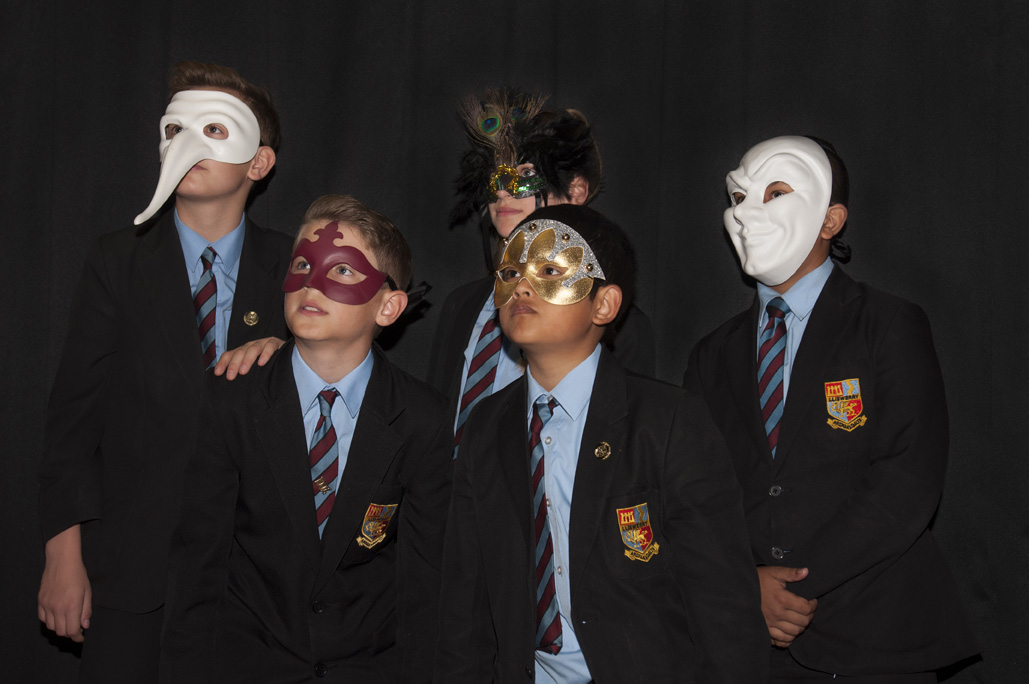The Literacy and Numeracy Framework is a planning tool that builds on the work the school has been doing in recent years to raise standards in literacy and numeracy and states the standards we should be striving for our pupils to achieve. The Framework is a statutory part of the curriculum and references to it can be found in all subject areas.
We use the expectations in the Framework to set work which improves each pupil’s literacy and numeracy skills. The Framework makes raising standards in these essential skills a priority, but it is delivered in a cross-curricular manner to embed the skills taught in English and Mathematics lessons.
We also use the Framework to assess pupil progress in these skills. By comparing a pupil’s work against the expectations set out in the Framework, we are able to set targets and support them in improving their literacy and numeracy skills.
Opportunities are available for you to discuss your child’s progress during our parents’ evenings, where you will also be able to ask any questions you may have about the Literacy and Numeracy Framework. In the meantime, if you have any questions please contact either:
Mrs D James – Numeracy Coordinator
Mr D Herbert – Literacy Coordinator
Research shows that 10 to 16 year-olds who read for pleasure do better at school. Reading helps children intellectually, linguistically, psychologically and socially well into their teens and beyond.
Sadly, many children don’t read for pleasure. Even children who enjoyed reading at primary or early secondary school only read the work set by their teachers.
Literacy in all its forms (Listening, Speaking, Reading and Writing) is at the heart of the Welsh Government’s strategy to raise standards of pupil achievement in every subject (not just languages) and is something we care deeply about.
What can you do to help?
• Encourage your child to read for pleasure as much and as often as possible
• Read yourself – children who have access to books or e-books at home and who see their parents reading are more much more likely to become lifelong readers
• Read with your children. You may think this is no longer appropriate but teenagers still benefit from being read to (even if they don’t always admit it!)


